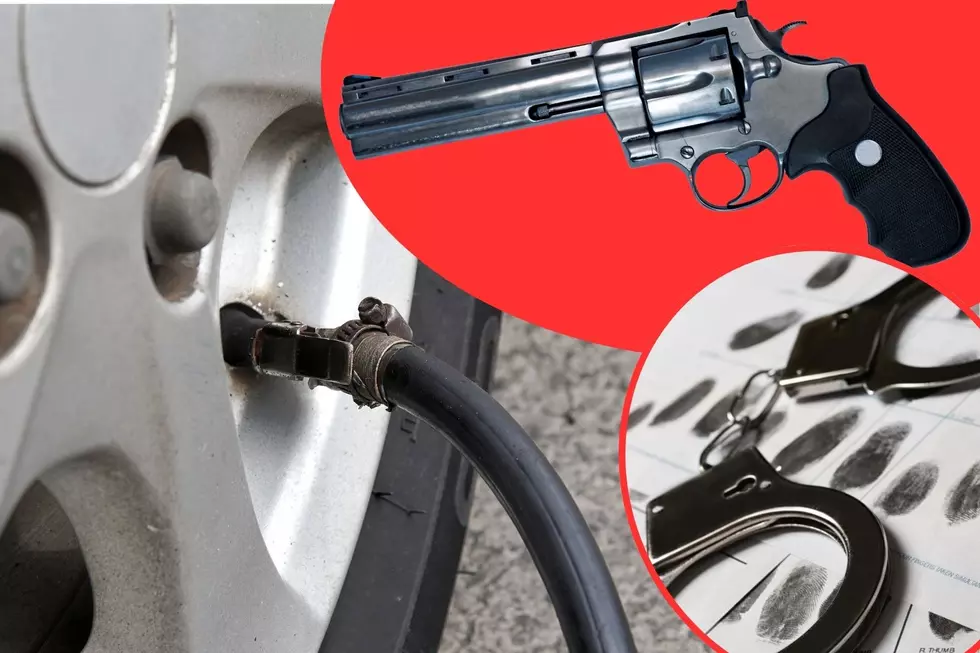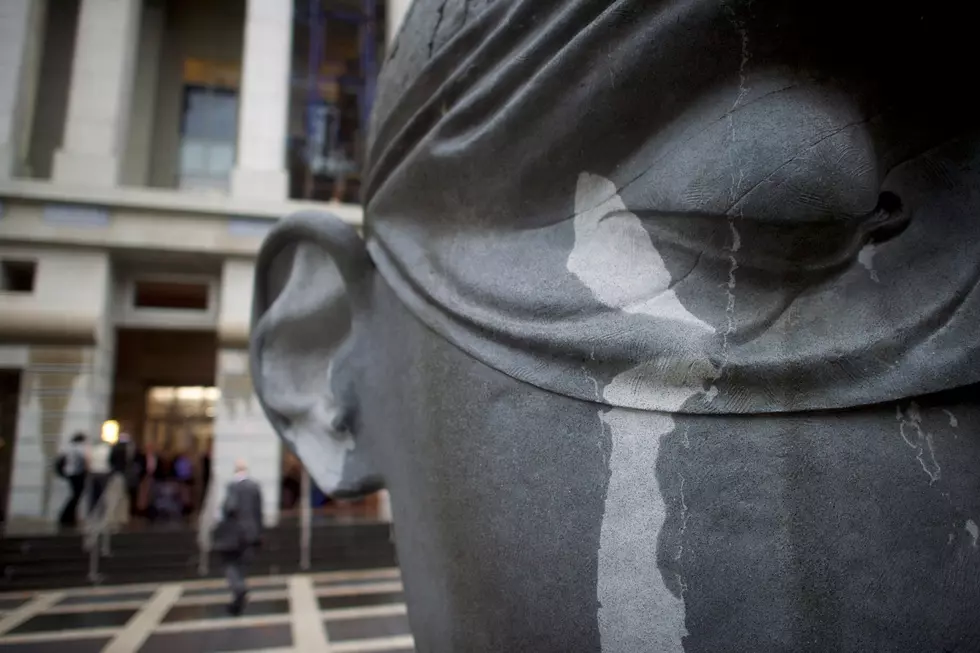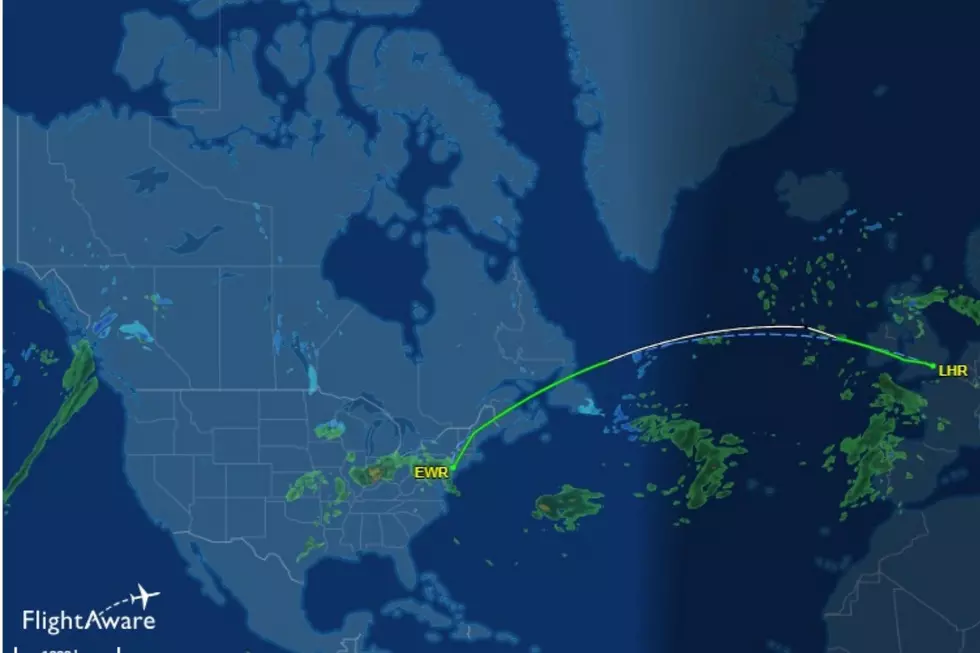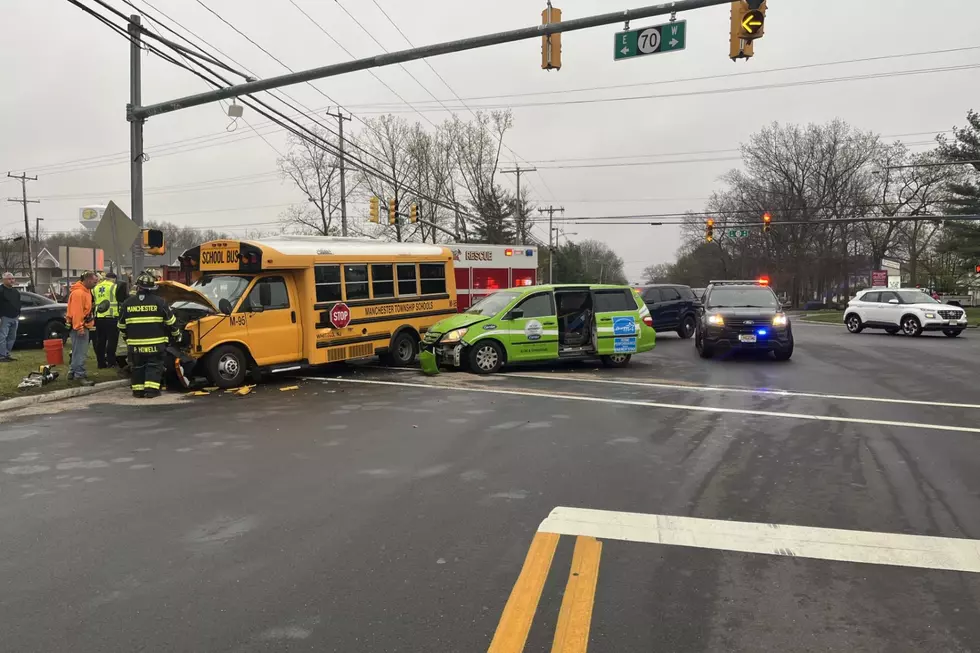
Newark to OK strong police review board; union vows fight
If Newark's city council gives its anticipated approval Wednesday to a police civilian review board, New Jersey's largest city will have greater powers than most around the country to investigate wrongdoing in a police department that already is under a federal monitoring agreement.
The board also will face a strong challenge from the city's police union, which plans to go to court to stop the plan that will vest the board with investigative and subpoena powers.
"For 50 years the people of Newark have been calling for the creation of a civilian review board to hold police officers accountable for wrongdoing. And now the Newark Municipal Council is poised to pass one of the nation's strongest civilian review boards," said Udi Ofer, director of the American Civil Liberties Union-New Jersey.
The current push for a review board arose after the U.S. Department of Justice validated many of the accusations the ACLU leveled in a 2010 complaint alleging rampant misconduct, use of excessive force and lax internal oversight in the Newark Police Department.
After a three-year probe, the Justice Department released a report concluding that the department's systems for detecting, preventing and punishing misconduct were so deficient that, for example, only one excessive force complaint against police was upheld over a six-year period. The report also found that police routinely stopped people on the street for no legitimate reason and stole property from civilians.
Mayor Ras Baraka signed an executive order last year creating the board, the first in the state. The city council unanimously approved the proposal on first reading two weeks ago, and final approval Wednesday would keep the board in place after Baraka leaves office. Members of the board will be appointed by the mayor or council, or be representatives of clergy or community organizations.
James Stewart Jr., president of Newark's Fraternal Order of Police Lodge 12, said this week the union plans to mount a court challenge to the board. He noted the Justice Department didn't specifically advocate for a civilian board to review complaints; an agreement signed by the city of Newark and the department said the city would establish and fund "a civilian oversight entity" whose form and scope would be determined with community input.
"We believe we already have civilian oversight, and that is in the form of our public safety director," Stewart wrote in an email Tuesday. "We also do not believe a civilian body has subpoena powers under the New Jersey Constitution. We will go to court and lay our cards on the table and see who is right."
Several dozen U.S. cities have police oversight boards, according to the National Association for Civilian Oversight of Law Enforcement, an Indianapolis-based nonprofit, though many do not have the same power Newark's would.
Liana Perez, the organization's director of operations and a former police auditor for the city of Tucson, Arizona, said many other boards are restricted to reviewing and commenting on cases that have already been investigated. ""Most boards don't have investigative authority, and very few have subpoena authority," Perez said.
In an email Wednesday, Baraka said while the union has the right to go to court, it should embrace the opportunity the board would offer to increase transparency and accountability.
"Across the nation, the pendulum is swinging toward public safety models which encourage police/community collaborations," he said. "Our proposed CCRB is at the vanguard of this ideology."
(Copyright 2016 The Associated Press. All rights reserved. This material may not be published, broadcast, rewritten or redistributed.)
More From New Jersey 101.5 FM









